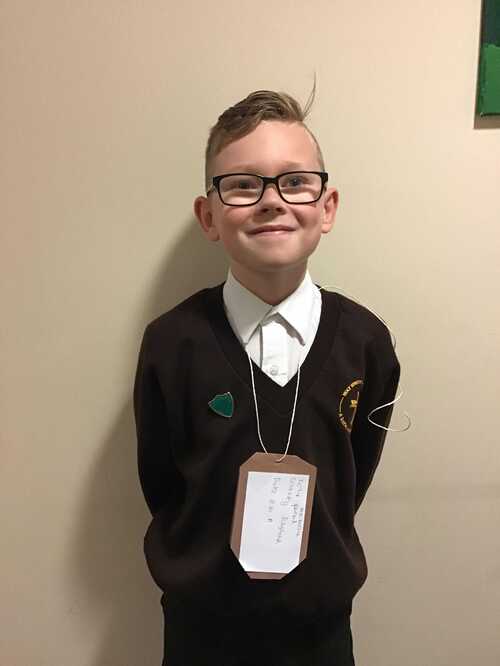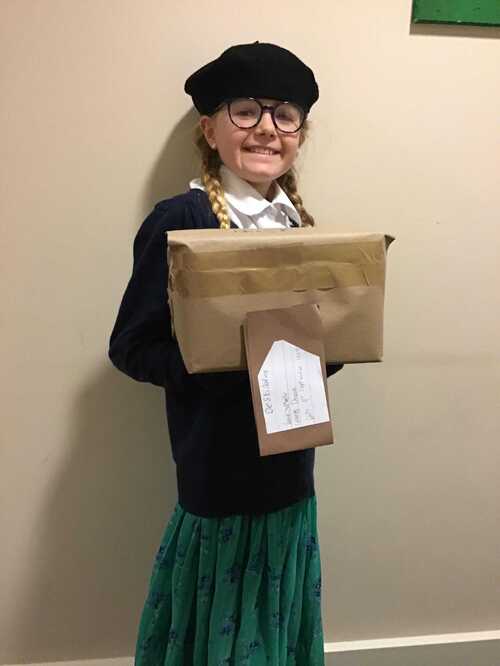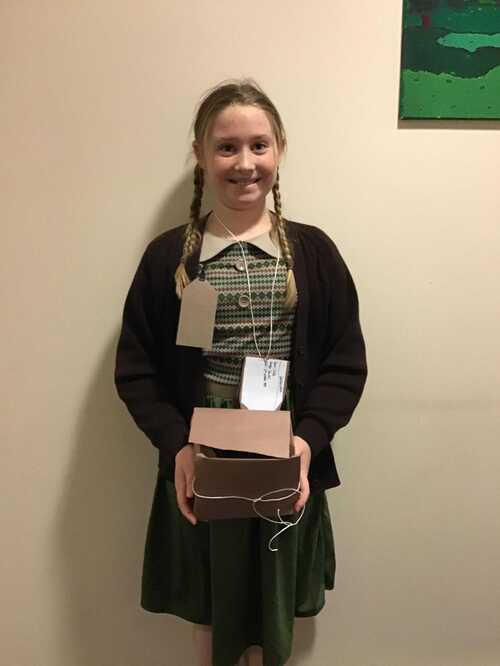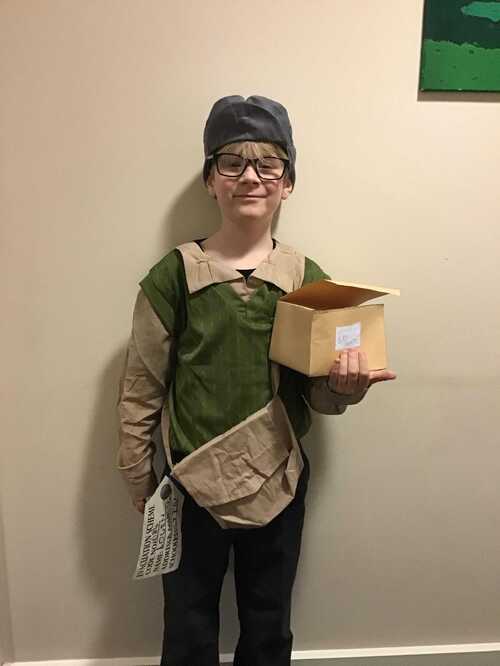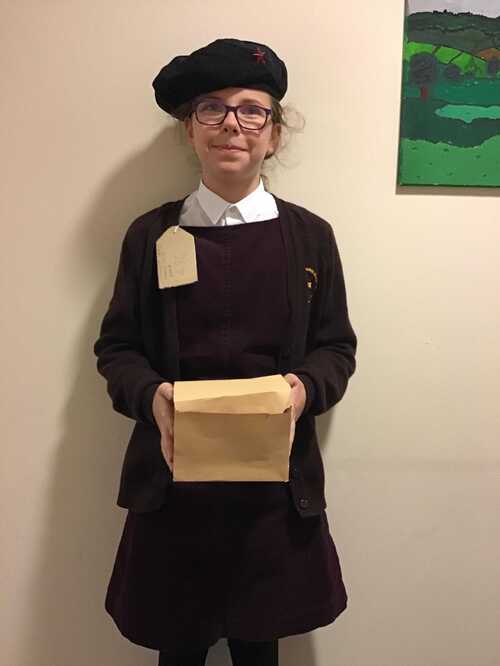“A generation which ignores History has no past and no future.” –
ROBERT A HEINLEIN
At Holy Trinity Church School, we want History to fire children’s curiosity about the past in Britain and the wider world, and help them to understand the diversity of human experience. History is important as it provides children with the opportunities to empathise with others, argue a point of view and reach their own conclusions - essential skills that are prized in adult life. Therefore, we aim for a high-quality history curriculum that has been carefully designed and sequenced to equip our children with a secure, coherent knowledge of British, local and world history. Curriculum content is knowledge and vocabulary rich, in a sequenced chronological order, allowing children to develop their understanding of abstract concepts as they move through school.
By exploring History through our school vision, we hope to give all children the desire to explore our History and ask questions as to why things happened the way they did.
History Knowledge Skills and Vocabulary Progression Document 2024
At Holy Trinity, we use the Uplift Approach to help embed our History knowledge and ensure that it is in the children's long-term memory. Please see the Uplift Policy to understand this principle in more detail.
At the start of each History unit, we do a prior learning lesson to recap what they have learnt previously. Recapping prior knowledge embads it within long-term memories.
We focus on helping children understand that historical events can be interpreted in different ways and that they should always ask searching questions, such as ‘How do we know?’, about information they are given. Learning objectives show progression in how pupils’ thinking and responses develop from simple assertions using description to explanation and analysis.
Across the school, there are different focus areas which link with previous/future History units. When looking at a historical time period, the features of the era are researched, then a specific area is explored more deeply. Below are the areas of focus as explored through historical eras:
Religion:
EYFS: Summer 1: Mini Beasts – The history of our Christian school.
Year 2: The Gunpowder Plot – The religious divide of Britain
Year 4: Ancient Egypt - Mummification and the afterlife.
Year 5: Ancient Greeks- Gods and Goddesses and how they worship.
Food:
EYFS: Autumn 1:All About Me – Dislikes and likes with food.
EYFS Summer 2: On the Farm – How farming has changed over the years.
Year 1: The Great Fire of London – The importance of saving food during the Great Fire of London.
Year 3: Stone Age – Hunting and gathering and comparison with the Iron Age of Farming.
Year 6: The Mayans – Reliance on maize and the importance of chocolate.
Invasions:
EYFS: Autumn 2: Counting Down to Christmas – Remembrance Day
Year 2: Nurturing Nurses – The Crimean War and World War I
Year 3: Romans – Caesar’s Invasion
Year 4: Settlers and Invaders (The Saxons and The Vikings) – The raid of Lindisfarne.
Leadership:
EYFS: Spring 1: Superheroes – Superheroes as leaders.
EYFS: Spring 2: People Who Help Us – Think about those who help us and the leadership they have.
Year 1: Ernest Shackleton – Shackleton’s leadership
Year 5: The Victorians - Dr Thomas Barnardo (Barnardos) and Queen Victoria as a leader of a great Empire.
Year 6: World War II – Comparison of Churchill and Hitler.
We hope that by focusing on prior learning at the start of each unit, these focus areas will embed in the children’s long-term memory. The focus areas within the Key Stage 2 curriculum help the children to identify similarities and differences between different time periods.
VE Day 80th Anniversary:
As a school, we celebrated the 80th anniversary of VE Day. We all dressed up in 1940s outfits and looked amazing! We did a range of activities: cracking codes in Year 6, making war medals in EYFS and learning about what our relatives did in Year 4! As a school, we learnt the song ‘I’ll Remember’ which was written especially for this event! It sounded beautiful! We were lucky enough to see a swordfish plane fly over the school from Leonardo and ended the day with a celebrative cake provided by the school association - a big thank you to them!








A Poem written by Annabelle in Class 13 for Holocaust Memorial Day:
People and Places Day – January
We held a school People and Place Day. This day linked History and Geograph. The children learnt about a significant individual who influenced the UK. Below you can see which significant individual each year group found out about and how they influenced the UK.
Reception - David Attenborough (United Kingdom): Renowned naturalist and broadcaster, educating children about the wonders of the natural world and conservation.
Year 1 - Yuri Gagarin (Russia): The first human in space, sparking interest in space exploration and the wonders beyond our planet.
Year 2 - James Cook (United Kingdom): First captain to navigate the world and begin mapping Australia.
Year 3 - Matsuo Basho (Japan): Haiku master and poet, introducing children to the beauty of nature and concise, expressive writing.
Year 4 -Mahatma Gandhi (India): Leader of the Indian independence movement, whose philosophy of nonviolence inspired civil rights movements globally, including in the UK.
Year 5 - Nelson Mandela (South Africa): Anti-apartheid revolutionary and former President of South Africa, whose global influence included inspiring movements for equality in the UK.
Year 6 – Marie Curie (Poland/France): Renowned scientist born in Poland, who made significant contributions to the fields of physics and chemistry and impacted scientific advancements in the UK.
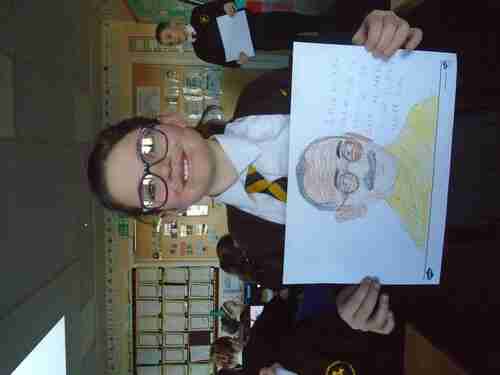
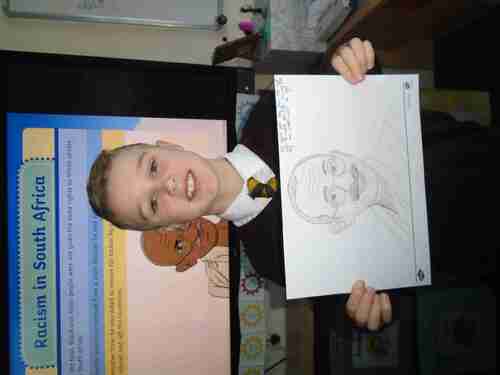
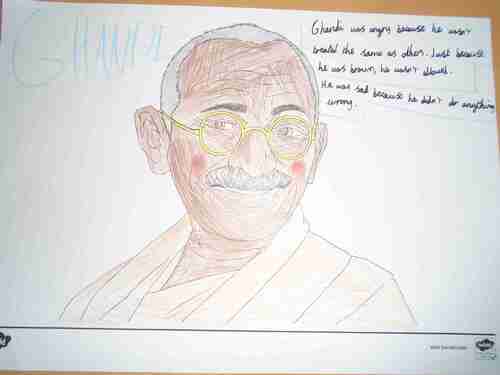
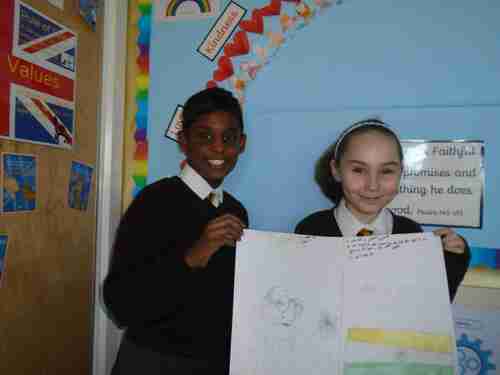
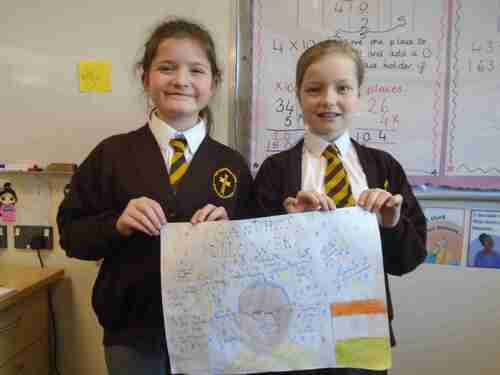
Year 1: The Great Fire of London Exhibitions
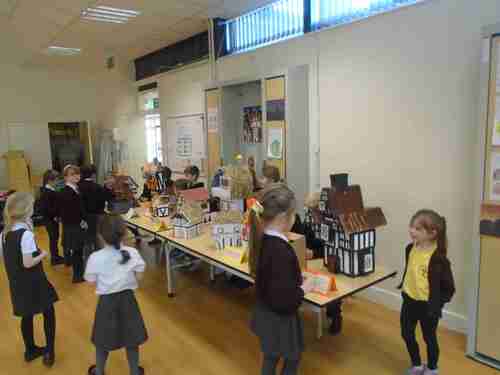
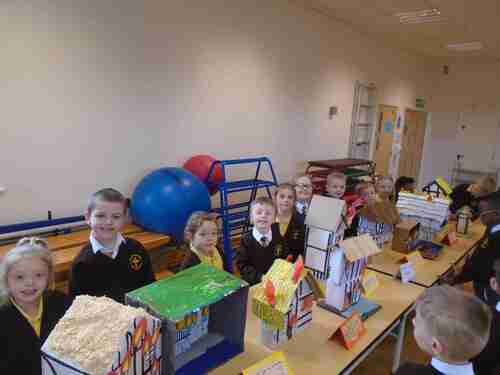
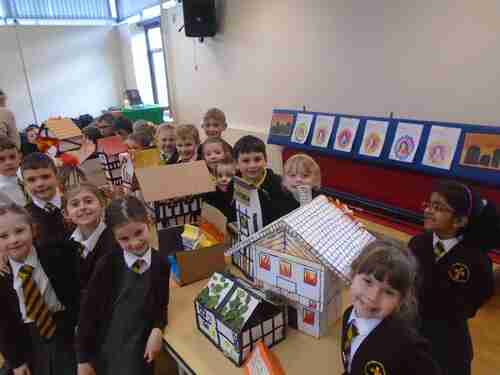
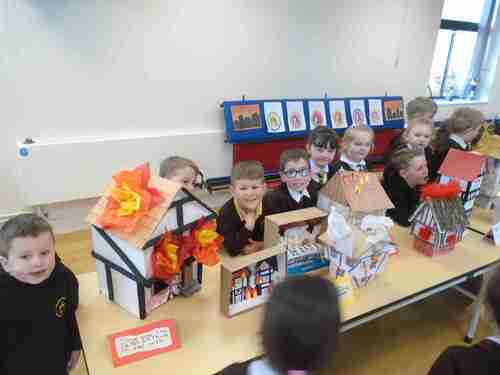
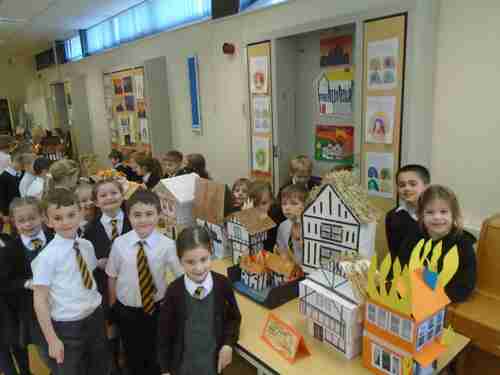
Year 1: The Great Fire of London
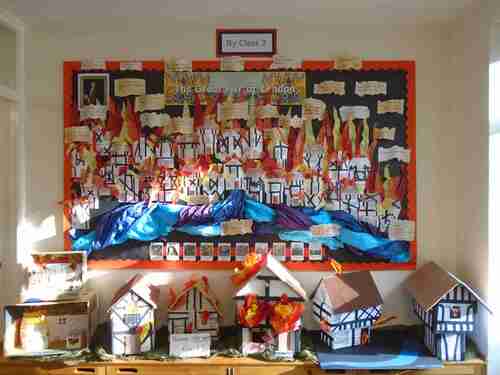
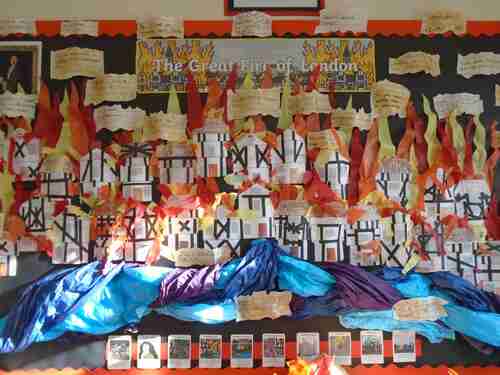
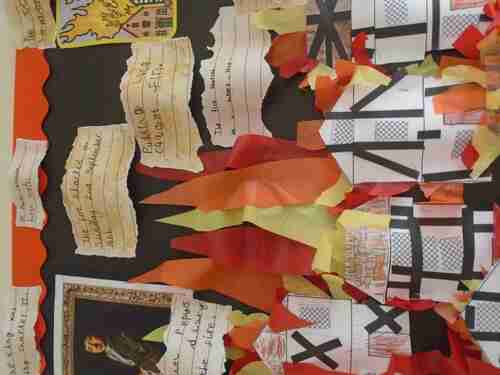
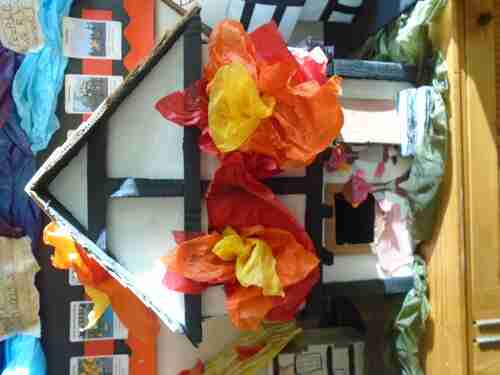
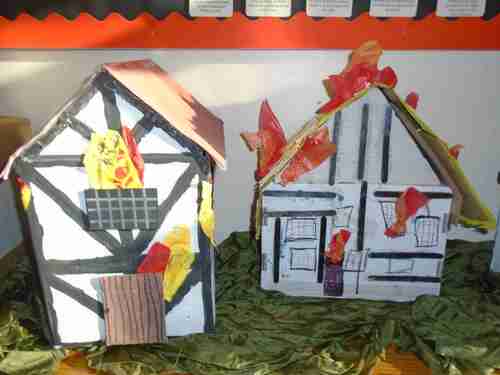
Year 5 Victorian Day
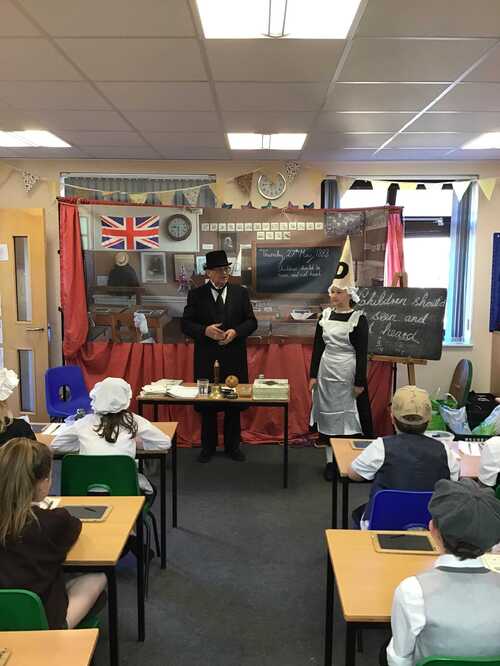
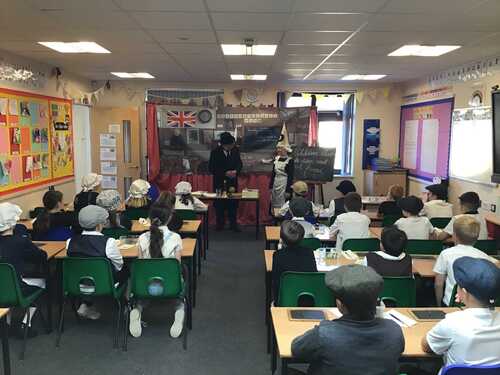
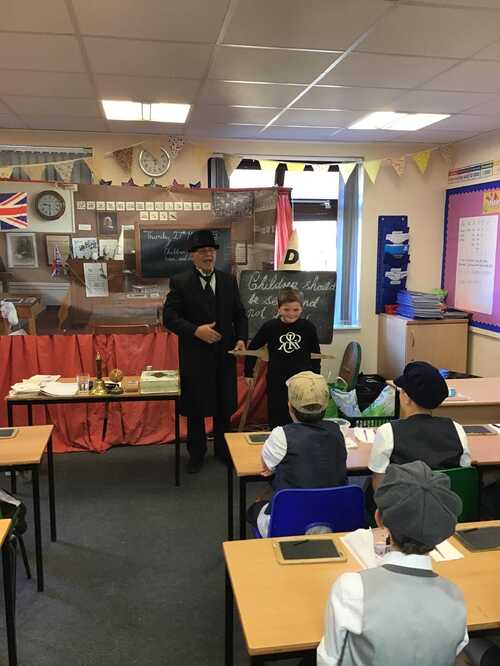
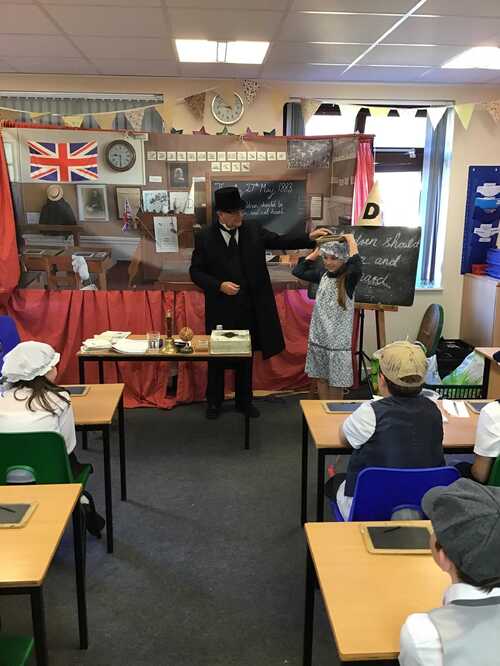
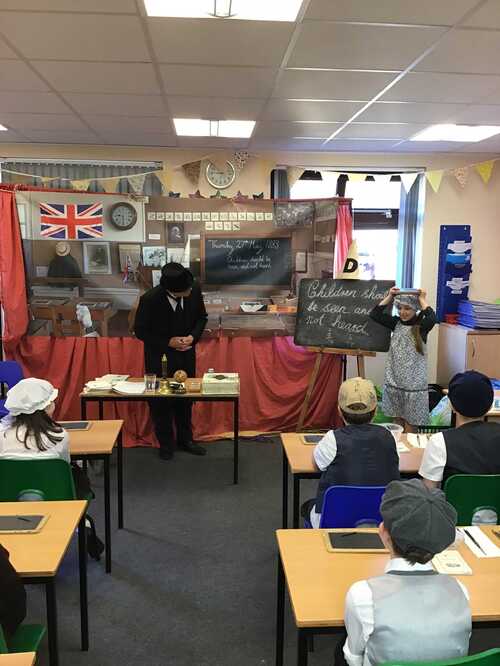
Year 5 Local Study Visit - Yeovil Town Centre
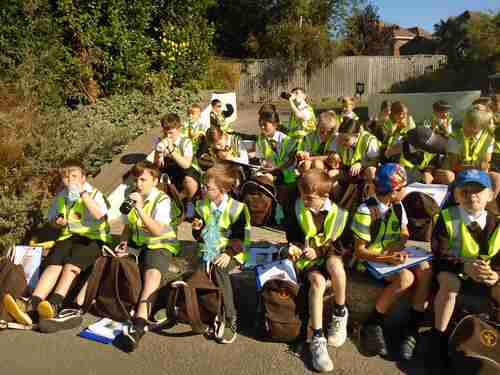
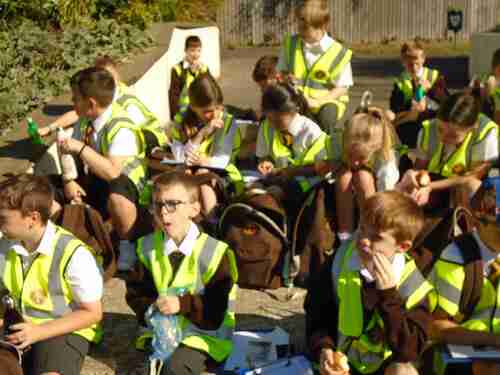
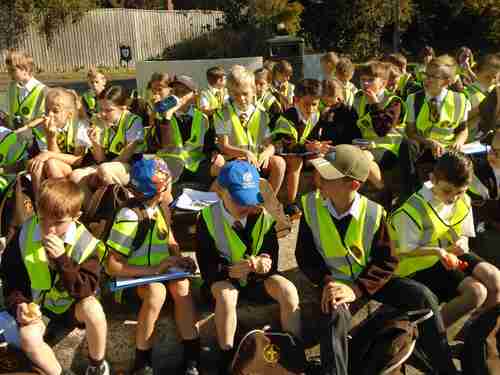
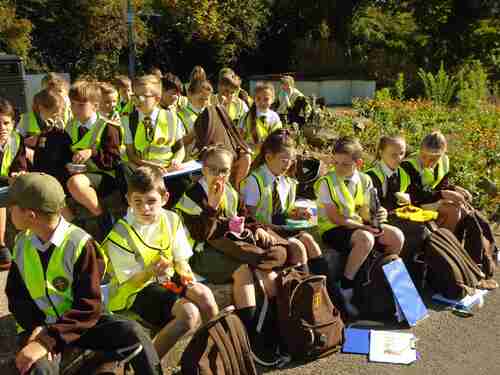
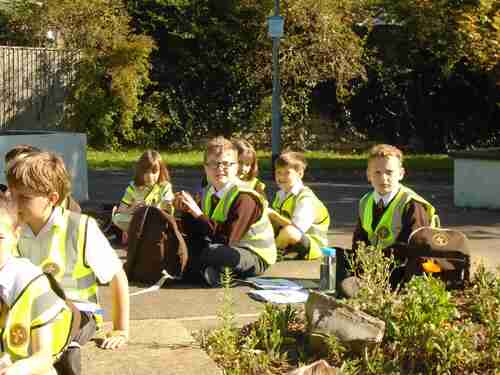
Year 6: Evacuee Day
